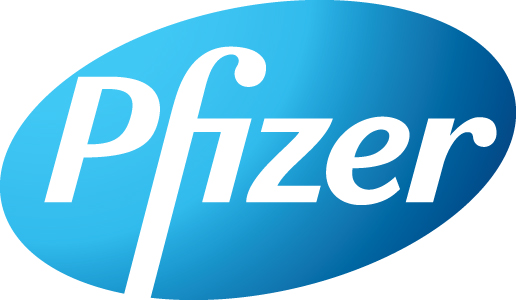Pfizer puts up $1bn to buy into Arvinas breast cancer programme

Pfizer has pledged a whopping $1 billion upfront for rights to an Arvinas drug for breast cancer from its protein degrader platform, which harnesses cells' natural protein-denaturing machinery to remove rogue proteins associated with disease.
The deal focuses on ARV-471, currently in phase 2 testing for advanced breast cancer patients whose tumours expresses oestrogen receptors – so are hormone sensitive – but test negative for HER2 receptors that would make them candidates for treatment with drugs like trastuzumab.
Pfizer is paying $650 million in upfront cash and making a $350 million equity investment in Arvinas, with another $1.4 billion in backloaded milestone payments. The two companies will also share costs and profits from the drug, which will start a phase 3 programme next year.
The buy-in is another endorsement of Arvinas' PROTAC drugs, bifunctional molecules that use one arm to bind to a target protein, and the other to an enzyme involved in the main ubiquitin proteasome pathway involved in breaking down proteins.
Arvinas has previously signed PROTAC-based research collaborations with Bayer, Roche's Genentech unit and Merck & Co/MSD although the latter deal expired last year.
The company said other companies were also looking at the orally bioavailable drug, but Pfizer emerged as an ideal partner for ARV-371.
The big pharma is already a big player in the $20 billion breast cancer category, with drugs like CDK4/6 inhibitor Ibrance (palbociclib), PARP inhibitor Talzenna (talazoparib), hormonal therapy Aromasin (exemestane) and trastuzumab biosimilar Trazimera.
That range also opens up the possibility of combination therapies, including the pairing of ARV-471 and Ibrance which is in a phase 1b study with results due next year.
The partners are hoping that the drug could slot into the current role played by conventional hormonal drugs like tamoxifen, fulvestrant or exemestane, which extend right from adjuvant treatment of breast cancer through first, second- and third-line therapy.
Arvinas reported phase 1 results with ARV-471 last December which backed the drug's mechanism of action and provided encouraging early results on safety and efficacy, including a reduction in tumour growth in five of 12 patients (42%) with oestrogen receptor positive, HER2=negative breast cancer.
Other companies are also operating in this area, including AstraZeneca which is working on a selective oestrogen receptor degrader (SORD) called camizestrant (AZD9833), currently in the phase 3 SERENA trial in combination with Ibrance.
Sanofi presented phase 1 results with its lead SORD candidate amcenestrant (SAR439859) at this year's ASCO meeting, both as a monotherapy and in combination with Ibrance, and has also progressed to late-stage testing as has Radius Health/Menarini's elacestrant.
Established SORD drug fulvestrant has been a mainstay of breast cancer therapy for many years, but has to be dosed by intramuscular injection.













